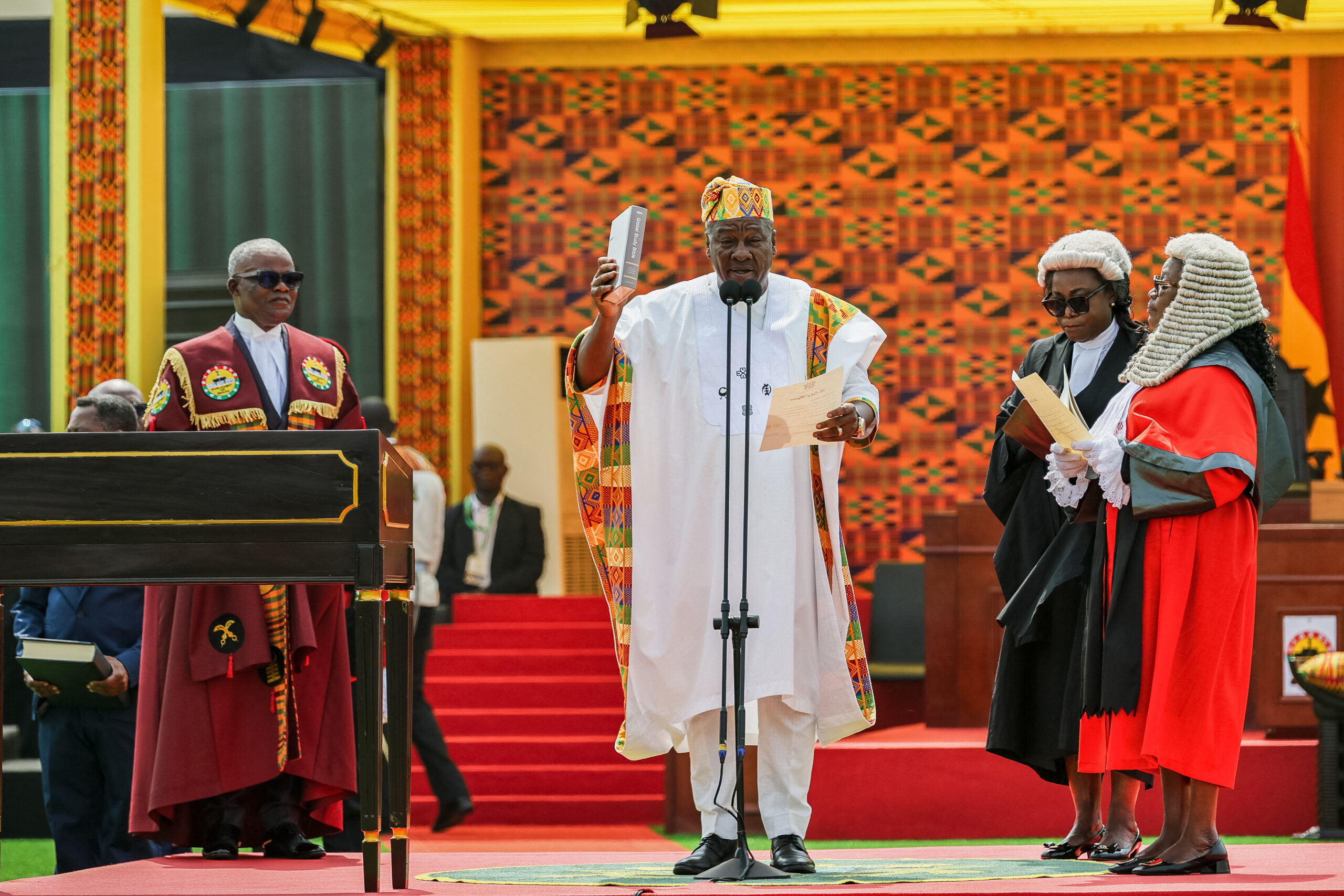
Abidjan, Ivory Coast – A mere 18 months ago, West African leaders considered military intervention to stop Niger from falling under the sway of a junta following a coup.
Now, some of those nations are warming to Niger and its military-led allies Mali and Burkina Faso, who in the meantime have forged ever closer ties.
After overthrowing civilian governments between 2020 and 2023, Mali, Burkina and Niger have created the Alliance of Sahel States (AES), a defence pact formed after they announced they were quitting regional West African bloc, ECOWAS.
Their departure from the Economic Community of West African States takes effect on January 29, yet the three countries — all key players in the vast Sahel region where jihadists are gaining ground — appear to be far from isolated.
– Togo, Ghana reach out –
ECOWAS’ threat of military intervention in Niger in August 2023 marked a breaking point for the Sahel countries, who view the body as subservient to former colonial power France.
The trio have turned their backs on Paris and are seeking out new partners such as Russia, Turkey and China.
Several ECOWAS members appear to have adopted a less hostile approach towards the AES confederation recently, especially Togo, which for years has been a mediator in political crises in the region.
Togo Foreign Minister Robert Dussey even ventured on Thursday that his country could join the AES, saying he believed the Togolese people would support the move.
Next door, Ghana is also showing signs of a shift in stance under newly elected president John Dramani Mahama.
Among those at his inauguration in Accra was Burkina’s junta chief Captain Ibrahim Traore on his first trip in Africa outside of an AES member.
Mahama on Thursday met Mali’s Prime Minister Abdoulaye Maiga.
“Ghana’s engagement with AES, exemplified by General Maiga’s visit, suggests Accra sees value in bridging divides and maintaining dialogue despite current polarisation,” said Ghana-based international relations expert Vladimir Antwi-Danso.
In Senegal, President Bassirou Diomaye Faye has had diplomatic contact with the junta-led trio since he took power in April last year — though he failed to convince them to return to the ECOWAS fold.
– Common challenges –
While jihadists linked to Al-Qaeda and the Islamic State group have waged a bloody insurgency in the Sahelian countries for more than a decade, northern parts of some coastal countries have also not escaped the violence.
The Al-Qaeda-linked Group to Support Islam and Muslims (JNIM) makes no secret of its desire to advance into Ghana, Togo and especially Benin.
Benin suffered one of its deadliest attacks earlier this month when jihadists killed 28 soldiers in the north, near the borders with Burkina and Niger.
“Togo and Benin are the most affected after the AES. There aren’t 10,000 solutions, we have to join forces,” said a west African security source who spoke on condition of anonymity.
Francis Akindes, a sociologist at Ivory Coast’s Bouake university, told AFP the jihadist groups were “succeeding in destabilising all the states in the region”.
“You cannot have a consistent approach to JNIM if you do not find a compromise with your neighbours,” he said.
– Essential sea access –
The rift between the AES and regional bloc ECOWAS has economic consequences for Mali, Burkina and Niger — all three are landlocked and need access to the sea for crucial imports.
Niger is in the most fraught position.
The quickest way to the sea would be through Benin but Niger refuses to open the border because of a long-running row.
Niger instead uses a much longer route through Togo, forcing trucks to make perilous detours through regions rife with jihadists to reach Niamey.
Togolese historian Michel Goeh-Akue said there were “strong benefits to maintaining links” between Togo and AES countries.
But Akindes pointed out that there were also negatives to the situation.
“The route from Togo is very long, which has an effect on the prices of imported products,” he said.
“It’s hard to imagine Burkina or Mali becoming independent from their neighbour Ivory Coast.”
Economic heavyweight Ivory Coast has tense relations with the Sahelian junta leaders, who denounce its close ties with France.
© Agence France-Presse